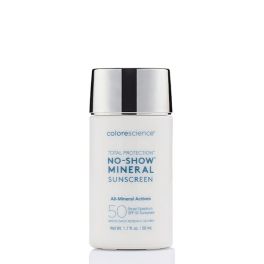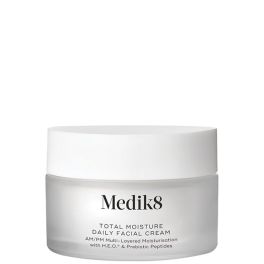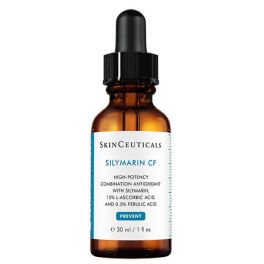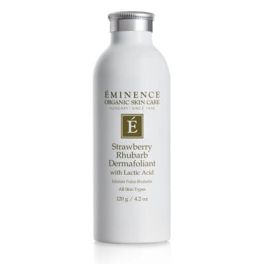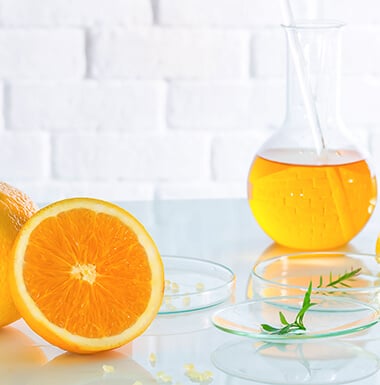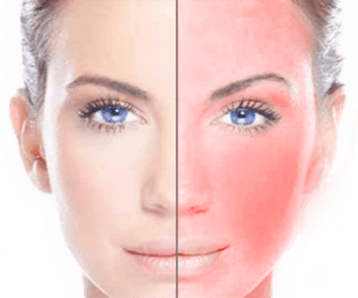Psoriasis: Causes, Triggers and Treatments Posted on 25 Jul 2011

What is Psoriasis?
Psoriasis happens when skin cells renew themselves too quickly. It usually takes up to 28 days for newly formed skin cells to rise to the surface of the skin and separate from healthy tissue, but in psoriasis, it takes just two to six days.
There are several different forms of psoriasis but usually, it appears as red scaling patches which, when scraped or scratched, show fine silvery scales. These patches may affect just a few small areas of the body or they may be very extensive. Psoriasis is most common on the knees, elbows, and scalp, but can appear anywhere on the body.
Types of Psoriasis
There are many types of psoriasis including Guttate, Plaque, Pustular, Psoriatic Arthritis, and Flexural Psoriasis which can affect most areas of the body including the scalp Nails, both fingernails, and toenails.
Psoriasis is a condition that runs in families but the exact way in which the disease moves from generation to generation has not yet been established. Exposure to certain stimuli (such as a streptococcal infection in the throat, alcohol, medicines, and local irritation) or damage to the skin, may cause an outbreak of psoriasis in people who have this genetic predisposition.
The condition is chronic, lasting for many years. Most people have periods when symptoms are minimal or the skin is normal but then it flares up again. Psoriasis is an upsetting condition because it can be uncomfortable and itchy and it can make you feel self-conscious about the way you look.
Treating Psoriasis
There is no present cure for psoriasis, but there are a number of drugs and treatments that can relieve and control psoriasis, often for long periods of time.
It does help to use skin moisturisers to prevent skin drying and cracking. They soften hard skin and plaques and may reduce scaling and itching. There are many different brands of moisturising creams and ointments. A moisturiser may be all that you need for mild psoriasis. Using a moisturiser may also mean that other topical treatments can be more effective. However, apply the emollient first and allow plenty of time for it to be absorbed into your skin before applying any other treatment. Moisturisers can also be used in place of soap when taking a bath or shower as soap can dry and irritate your skin.
View our skincare products to use on psoriasis
The treatment advised by your doctor may depend on the severity, site, and type of psoriasis. Also, one treatment may work well in one person but not in another. Unless psoriasis is very severe, treatment tends to start with topical treatments. (Salicylic acid, coal tar, steroids, vitamin D, Dithranol). This means treatments that can be applied directly to the skin, such as creams or ointments. If these treatments are not successful, you will usually be referred to a skin specialist for advice about other treatments such as drug and light treatments.
Visit the Psoriasis Association's website for further information.
To learn about Seborrhoeic Dermatitis, read our skincare guide, How to treat Seborrheic Dermatitis written by Dermacare's aesthetics experts.













